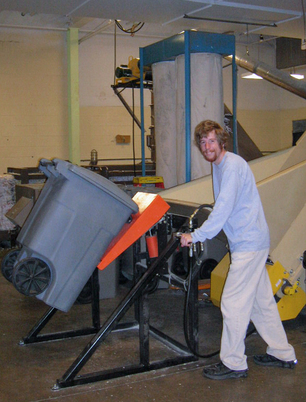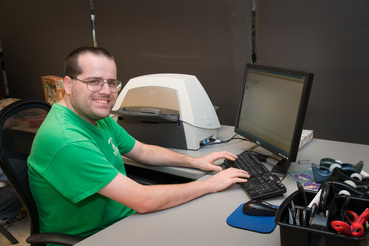|
Community, Life and Innovation (a.k.a. “CLI”) is a private, non-profit business whose core mission is to increase the earnings and status of workers with developmental disabilities.
CLI is best known for the just-in-time assembly services that it provides to area businesses. However, automation and globalization have made it difficult to find enough assembly contracts to employ CLI’s 120+ workers. Change happens and the Ohio DD system is mandated to pursue community employment first. CLI operates a great sheltered workshop. It’s fun, loud, interesting and people make money. However, it is still a segregated worksite in a world that values integration. CLI’s future is integrated employment. |
|
CLI actively pursues all new market opportunities and has begun to include employees without disabilities in our regular workforce. We believe that the only way to further our objective is through growth, expanding our customer base by providing superior service and earning trust.
CLI intends to be part of the solution. It is not enough to simply place our workers in the community without creating more jobs. We believe that the best way for CLI to contribute is to create jobs and to continue our progress toward being an integrated employer that is well connected to area communities.
|
Our Funding
CLI gets its operating revenue in a few different ways.
- We provide services to people with developmental disabilities on a fee-for-service basis. These services include vocational services, non-vocational services and transportation services;
- We provide services to local business and residents such as assembly, document destruction, recycling, etc-- also on a fee-for-services basis;
- As a non-profit 501c3, CLI also periodically recieves donations.
OUR EMPLOYEES
|
CLI creation resulted from Ohio Senate Bill 169 (1967) that created County Boards of Developmental Disabilities. This was significant because this preceded both the Rehabilitation Act of 1973 (Free Appropriate Public Education) and the Individuals with Disabilities Education Act (IDEA) of 1989.
Prior to this time, kids could be excluded from public education. S.B. 169 made it possible for new DD Board to collect local tax levies to provide services to kids with developmental disabilities. Students must leave school at age 22, which led to the creation of sheltered workshops, such as Christie Lane Industries. Fast forward 40+ years and now CLI has more than 140 employees who need to earn money to pay rent, buy groceries and pay for whatever else they need and want. CLI’s core mission is to increase the earnings and the status of our workers with disabilities. We believe that the only way to do this is by working hard, responding quickly to our customers’ needs, and delivering quality. |
CLI has more than 140 employees who need to earn money to pay rent, buy groceries and pay for whatever else they need and want." |



